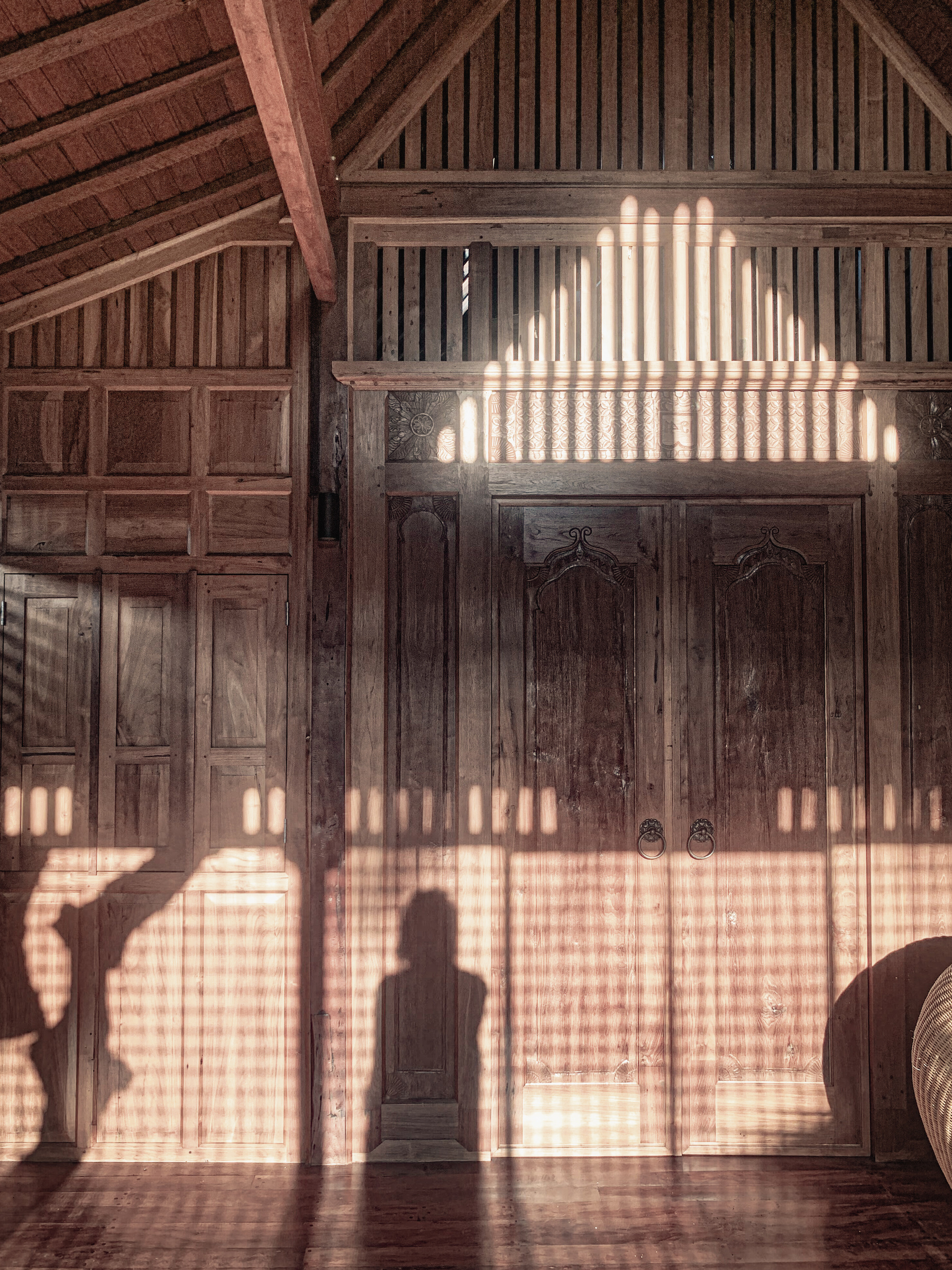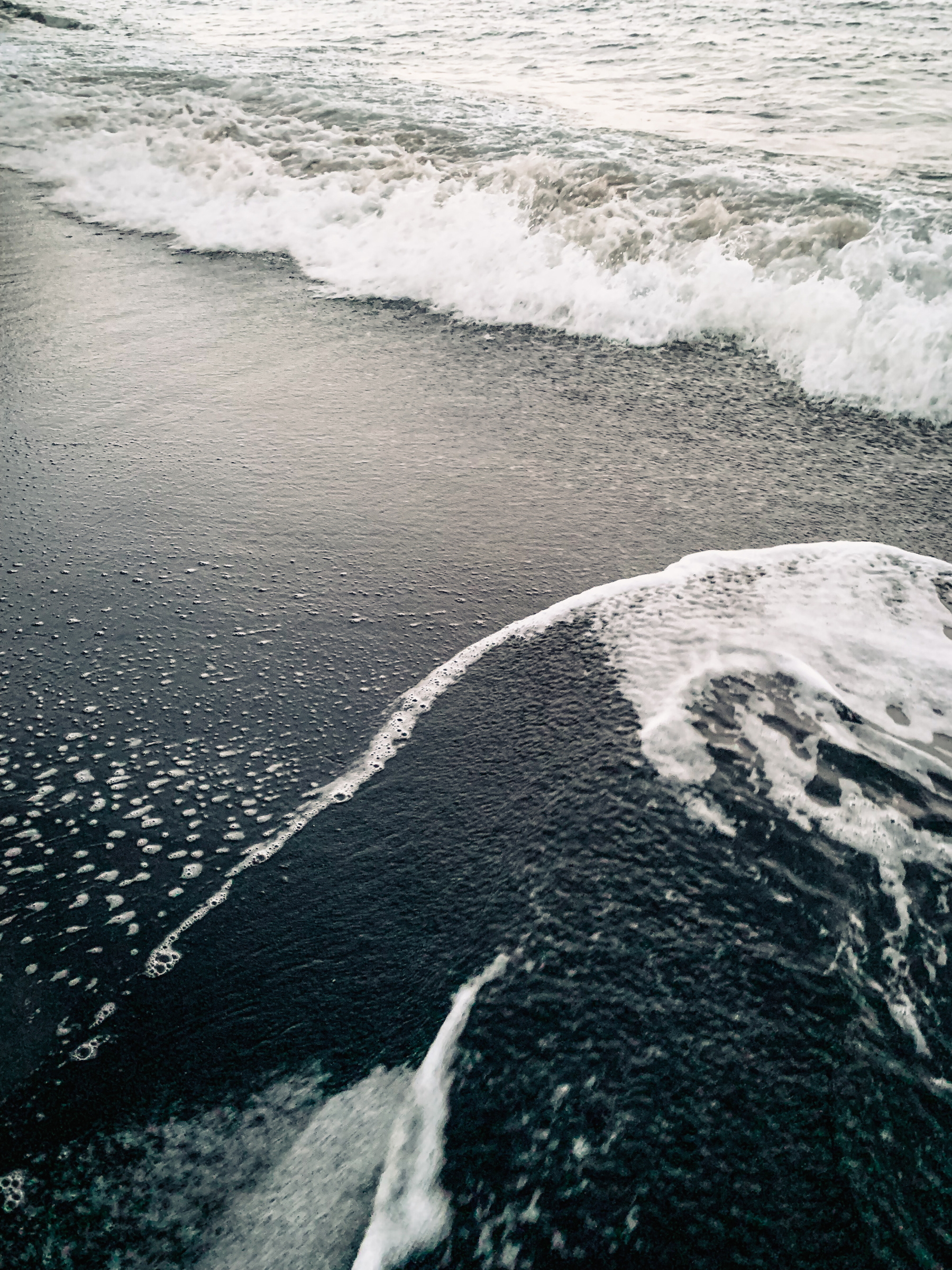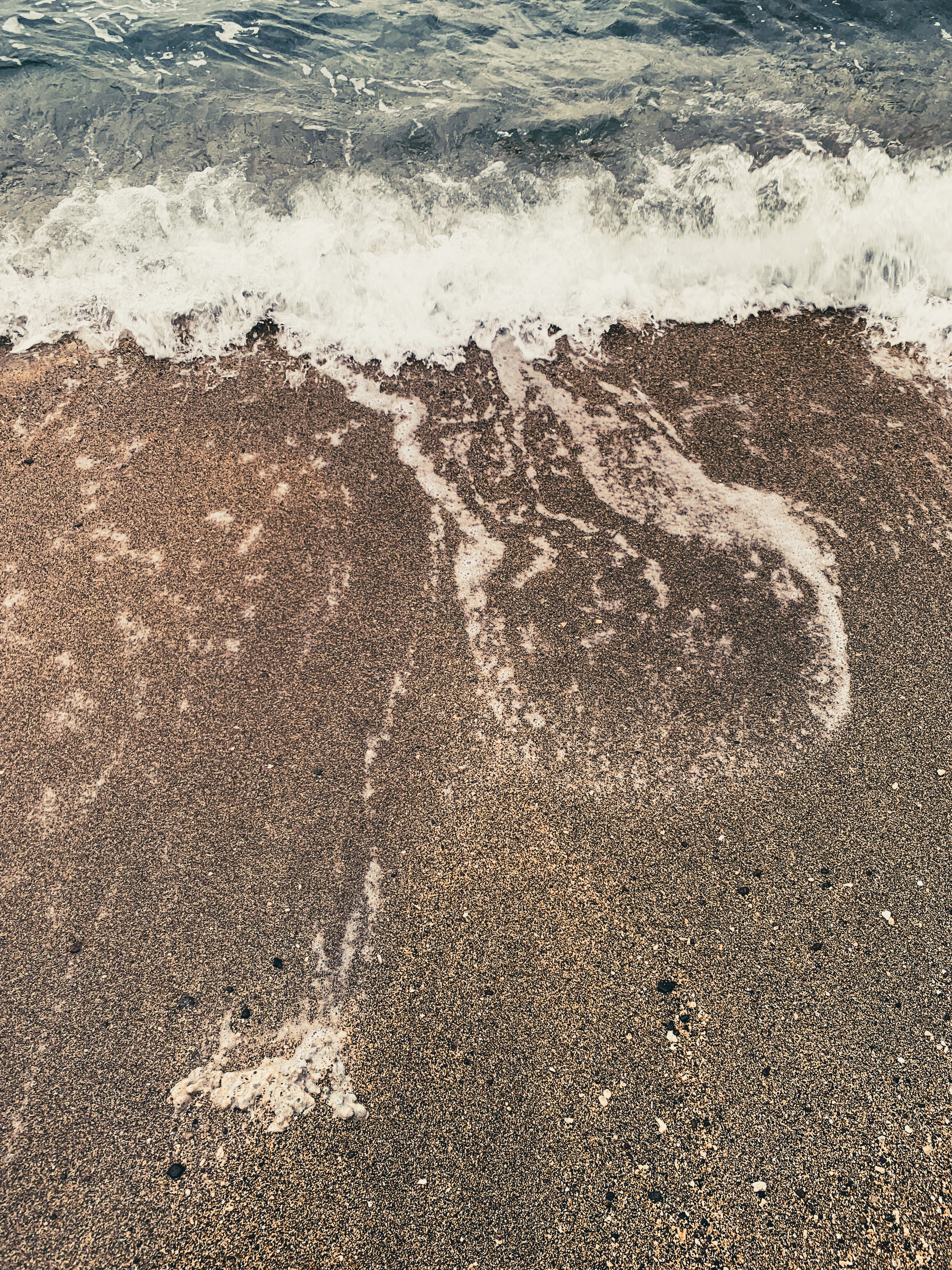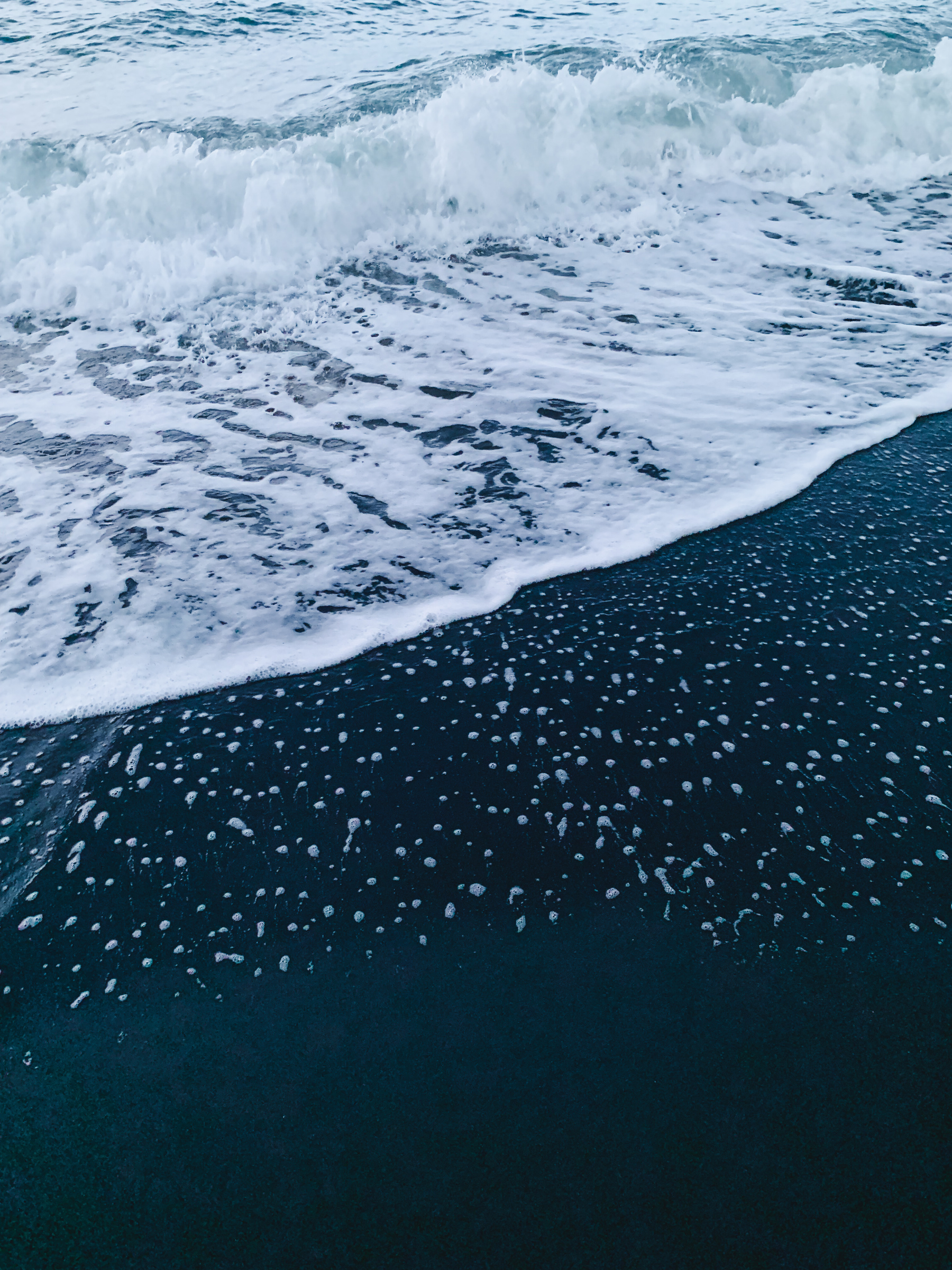his very subtlety
i brought my heart to work today—
a careful accident. i wrote
a note for you, pretending not
to show you who i am: bearded
angel, or boy turned upside-down;
chain-yanker or lonely-for-fruit;
the groaning king, his blessèd wreath;
a golden mule, the kiss of death;
soft bosom of the empress, red
from solar radiation; or
caress of thigh, giver of bread;
this image— you, unlimited.
//
🌒
earthquake
it felt like grass, before it felt like stone.
the other side of flame, igneous black
or tattoos grappling for your diamond face.
so i grew roots in water, he in bone.
and what if i abstain from apples for
a year, a tear, a deathtime. would he still be
indifferent? or disappeared into
his silverriver hair, my cloudy mountain.
your wooly light tempted discovery,
pulsating veins of mercury, the ground
mantle unbound. it whispers— not a limb
of you is immune to this hungering human.
//
🌓
Phaedrus: indeed Socrates, and the hearing relates to you; for the account was — of our spending, somehow, i don’t know — erotic; for Lysias has written the temptation (peirein) of a beauty; but not by a lover (erastes), this is his very subtlety — he says one must gratify (charisteos/charizomai) one who is not a lover, rather than a lover (era-o)
// 227ξ
καὶ μήν, ὦ Σώκρατες, προσήκουσα γέ σοι ἡ ἀκοή: ὁ γάρ τοι λόγος ἦν, περὶ ὃν διετρίβομεν, οὐκ οἶδ᾽ ὅντινα τρόπον ἐρωτικός. γέγραφε γὰρ δὴ ὁ Λυσίας πειρώμενόν τινα τῶν καλῶν, οὐχ ὑπ᾽ ἐραστοῦ δέ, ἀλλ᾽ αὐτὸ δὴ τοῦτο καὶ κεκόμψευται: λέγει γὰρ ὡς χαριστέον μὴ ἐρῶντι μᾶλλον ἢ ἐρῶντι
//

How many a desert plain, wind-swept,
like the surface of a shield,
empty, impenetrable,
have I cut through on foot,
Joining the near end to the far,
then looking out from a summit,
crouching sometimes,
then standing,
While mountain goats, flint-yellow,
graze around me,
meandering like maidens
draped in flowing shawls.
They become still in the setting sun,
around me, as if I were a white-foot,
bound for the high mountain meadow,
tall-horned.
Excerpt from “The Arabian Ode in ‘L’” (Lamiyyat al-Arab), attrib. Al-Shanfarā (may Allah have mercy on him), translated by Michael A. Sells (may Allah have mercy on him) in his volume Desert Tracings.
These are the final lines of the poem and the ones most explicitly referenced by this, but of course, excerpts don’t do it justice; 64 stanzas writhing snake-like through spirits of the desert as purest distillation of outlaw’s heart. Earlier stanzas can be found here. It seems appropriate that only traces of this poem should appear online.
Al-Shanfarā is a terrible dust devil, burning himself alive. Legendary antihero, desolation and exile ensconced in the premonition of paradise. dizzying!
as if i were a whitefoot

nameless, the gentle landscape chose
pointlost, ungiven, brutishly
endbringer to deadset hunger,
rudeness riverrun to mercy.
grim gravelshatterer, sparking flint
to be action or scenery—
object of disbelief, the ground
to goat a hesitating hoof—
or clamp too-trustingshank, object
of appetite. salivaspills
from ruthless gum of animal,
rankcivil tooth of shackledmilk;
but snarlingword, infant of dust
absent a motherverse, is howl
heartletting keen of lucid sacrifice.
come drink from me, Al-Shanfarā—
she desertlimns greydreaded; trim
your distance, wolves. the veil of thirst
is inhuman as ocean, burns
your hornsgolden by bending sun.
//
(reply to Shanfara’s Lamiyyat al-Arab, trans. by Michael A. Sells in Desert Tracings.)

early morning selfie //
Socrates: O beloved (philos) Phaedrus, whereto and wherefrom?
Phaedrus: from Lysias, Socrates, son of Cephalus, and i am going for a walk outside the wall; for i spent a long time there, sitting since early morning; persuaded by your fellow and mine, Acumenus, i make my walkabout along the paths; he says they remedy weariness better than the racetracks
Socrates: beautifully said, O fellow; but it seems Lysias was in town
Phaedrus: yes, at Epicrates', the house of Morychus near the Olympian temple
Socrates: so what was the spending? or obviously Lysias was feasting you with speeches?
Phaedrus: you will learn, if you have leisure (schole) to hear as you go
Socrates: what, don’t you think i make it, as Pindar says, “a matter higher even than business” (a-scholias) to hear about your and Lysias' spending?
Phaedrus: then lead
Socrates: and speak
// 227α-β
silver robes of a rose rabbi
(This 12-part poem is a reply to Wallace Stevens’ “Le Monocle de Mon Oncle”; Further explanation may be found here.)
I.
—and did you ordinary women mock
in liturgies of utterances contained,
lines overwrought by time-keeping cant of yours?
and did you burst from bullied syllabub,
or clockwise stiffen into winter walls?
the musicals of ghosts, midwives and angels
echo, hollow, down stone-cold corridors.
and did you consecrate your spectacle,
coupling one who spoke—no, no—not nothing,
a stand-in that you killed while playing swords?
to quell the babbling spring by means of rain,
or merely quote the Mother’s name in vain?
she has been up at nights, considering
how to un-kiss this devil-gendered thing.
II.
well, i make believe an uncle, dead
and dear. less clear is fortune of the bird.
to fly, to seek, and what on earth to find
but torrent of an obsolescent mind
—he said, obscure and arduous to hear.
and yet, it flies. and though he doubts her crown
and midnight sight, she will fly too. and though
her silver glows in anecdotal mood,
her lilt, of stellar tilt, still loving, lingers
in braided dancing round a pool of blue,
tuning her clutch in nesting eddy of
said bird, whose course is old and hardly true—
and yet, it lives. rising, as golden-red
in flight, crowing like Scorpio in the East.
rest easy, uncle cold and fluttering
and lately of rambunctious residue;
a dove survives heaven to choir anew.
III.
O man, if you could see her witchlocs now,
or what’s become of Eastern expertise.
she is swamp-bitch, and twisted, twined and hitched
without romance by ruby claw to thorny crown,
her hair—each barb a bell, each bloody herb
a suicide. she’s heard of nobody’s
outrageous feats of raw technology.
in wracked rumors of Western fantasy
she knit a while textiles anti-exotic,
but sweaters have no use in the tropics,
where skin is king. and now we’ve come uncrimped,
uncrumpling, algal Anadyomene
of muddy water, Charybdis of the bog.
what’s history is past—nevertheless, he asks
why, woman, have you gone au naturel?
IV.
that spotless glass is not the book of Adam.
that trinity you stole cuts like a knife.
to be uncrumpled is to be un-uncled—
un-uncled, i become the poet’s wife.
i am un-hidden woman of the garden,
body un-ridden by the dust-bound word.
the queen of poet’s tongue, i lounge and lean
as music on my salivary throne.
the syllable you speak, my roundness is
her shapely immanence. our rectitude
is life—of tree—of life. so eat me, fallen
father of mankind, and know your foolishness.
speak again, brother—madly, as husband.
my honeyed bone un-spells your make-believe
kafir—he sees his wife sans négligee
who tastes the ripened fruit by naked eye.
says ordinary woman made explicit,
who steals your spectacle to save your life.
V.
can we remember together, after all
or does my voice harden the picture frame?
by being body, do i gather you
intolerably, or spread you thin as kin,
one stroking throb of summer esoteric—
you tickle me with feather of a peacock.
a gazer’s gloomy imagery is perfume
of incense, arousal at great distances,
long-smouldering and lit by tender match.
far from the proximity of virgins
there burn the Verbs of Love, arrayed
as galaxy of irretrievability—
before my eyes, you took and held my hand.
VI.
we used to call you man of twists and turns,
the dynamo—reckless, drowning, sea-rendered
until perennial blue, the one i knew
well enough to know, i loved nobody.
his thirst, prostrated, clutched me from below,
desperate to conceal from wingèd word
a history of suffering. a babe
buried his need in bosom of my nature,
drunk on the deep milk of disappearance.
his subterfuge despair was mythical,
until he made her fiction. he may not
remember me—but i keep by my heart
a wavy lock of sunset-auburn hair.
VII.
suppose a parable is just like her:
desired and defiled in equal measure.
his chivalry requires a blushing knight
to guard the Word, who is incarnate treasure.
i heard of one such rescuer of women.
who, for his lovely sin, was de-mountained
by crippled foot, and fated never nimbly
to climb again. but faith in constancy
makes deliberate gifts, arms built from hours
spent torquing tongs before roaring earth-core.
therefore, no purity of heart is borne
that lacks an alloy in the sooty forge.
thou shalt not fear the courage of your virgin,
is the limping gist of this comparison;
her shining is at once translucent bloom
and armor’s lustre, welded by humble Vulcan.
VIII.
if doom begins to seem antipathy,
baby, you’re scrolling past the blues. that time
of year thou mayst in our humanity—
but not the Muse—behold, of warty gourds'
cosmic grotesquerie. and there’s the rub.
as long as tongue still holds a gentle fold,
i will elucidate your grim hallucination.
launder and bandage the decaying limb
of sense, of memory, of time. wed heaps
of conscious compost consummate the bloom
in star-swept dimensions of titanium,
where whorls of microplastics never end—
machine poetic, of pumpkins meteoric,
becoming metaphysic—tender beings,
fizzing histories apocalyptic,
chime and rhyme as flutes of pink kombucha.
we sing the tropical-epochal view
at end of universe, or two. until
séance à trois, with chaperone of grackle,
i love the laughing sky—let’s make it crackle.
IX.
most oblatory heart, i bring you news.
despite our deadly faith in prophylactics,
resourceful Cupido pricks porous tactics,
ever hanging hymenal fools. behold:
on spun-gold surface of radiant yolk,
in sky-strewn milky way of albumen
suspended, questing’s lustiest conceit,
the part-less heartbeat of a person third:
as ancient aspect touches youngest plume
to stir, pure destiny, the origin
of life, as love, in pilgrimage secured:
the red point points, and to itself—as bird.
O holy gift, O crack in everything!
the mad midwifery of paladins
births not a baby, but a voice on fire:
ecce peep. now go, and meet your daddy-o.
his name’s Pipit the cocky chickadee;
he is a theory of fertility;
enthusiasm incommensurate
with clock-a tweedle-dee and tweedle-dum.
X.
a balmy chickadee alights on bough
of jepun tree—gigantic, bristle-trunked,
beatified—by tipped cosmos of day
and melting star of paradise, bodies
unveiled. we lie in kindred shades of them,
verbing and flowing, in blues made legible
by greenborn leaf. in leaves there hides a forest
where braid the wanderers their briared maths.
a souvenir shelters nectonic paths,
ancestral courses wild with counterpoint,
and mercy of geometry—proffered
by rivered children of Love’s oblivion.
XI.
dilated pools, star-gazed—surrender pinkly
to phobia of frogs. if you dismember
those bracing, faceless bodies—lost in love
their coiling gyres, desiring—helixing
directions inward, home. or intervene
against the skyward cough—raw, gaping need
to swallow more—when pollywog is strung
by lunar air. ritual drowning of gills,
suffering insurgency—the gulping word,
fata Morgana flooding Camelot
is twinned ecstasy of triple betrayal.
for swimmers' lust, the sea is all. and still
her cries are not for us, alone—we hone
the bluest chord of velvet-driven reverberation.
XII.
now all of us have lost our taste for mince,
the history of grinding, darkly, Adam;
so schooling blade, student of buah, prunes
til circumspect the hour. and she has thorns,
forms of her own—we prick ourselves and bleed
to name her flower. bending the voice to crown,
we’re drunk by literal skies of melody.
you found her singing by the sea, where she
had fled, as she remembered you were drowning.
who is the rose rabbi? i read, she comes
and goes. knows herself not. how would she know?
if glass were introspect, Iris of time—
to find she had been borne, a cradled question.
//
🌕

ghosting //
corpus
so this is memory accounted full.
the one, the final word they wrote, to lay
a crying babe to sleep. a lullaby
to keep, against the fragmenting mirage —
a pile of rocks for angry men to stack,
to sit on. bone-built towers, against
the synthesizing might of desert hours
break first before the mother of the fast.
and these divisive scratches were daughters
of dust, heart-scriven on the dune. to say
my thirst was never for parted or past —
her caravan, sand-winding, ever-last.
//
on purity
for fallen letters, what shall be the frame?
by what peculiar law shall corpses meet
the living earth, form fitting for a shroud?
he wraps the feathered moon in milky white:
the linen law is hospitality
for questionable avatars of death.
the tide of peace is drawing known and un-
known sustenance. signals of opening
her laundered veil, returning as nearer
horizon frames the name; sustaining air
for flown word waxing into prayer; marriage
for metered heart — dark face for closer ground.
//
🌖
a pewter chest for the silver robes
already i have sensed murmurations of moving on. and i’ve hesitated. but it’s time to bundle these up in ribbons so that they might go home. ( what follows is an introduction to “silver robes of a rose rabbi”, a cycle of poems i will post on purnama, InsyaAllah. and the closing of a chapter. )
“telescopic texts” were born as serial replies to the twelve cantos of Wallace Stevens' “Le Monocle de Mon Oncle”. i stumbled into this project and was amazed at their unfolding, at the responsiveness of Stevens' text to this treatment, and at the fruitfulness of a dynamic interaction. furthermore, it became apparent this was exactly the initiation needed for this blog’s translation of Plato’s Phaedrus. ( things come together and open up in a wonderful way. )
“translation of the Phaedrus” — is “translation” the right word? for the sake of transparency: i’m not setting the rules; i am caught in a vast body of waves. flotsam is pulled in, cobbled together, sent away, before i have fully understood. this is embarrassing in all of the ways that “Mon Oncle” is embarrassed by its own sublime. ( by Love, as mantically bashful poetry, which opens into stratospheres. )
here, “Mon Oncle” has constituted an epicycle of Phaedrus. a poem is a gravitational pool to suck you in and spit you out as something ( or somewhere ) different. i go along for rides and things are created thereby. drunkenness is a confession, not a metaphor. it’s like losing everything, but then it’s the blues. InsyaAllah there will be more poems of insanity, madness, mania — the alchemical reduction to metered speech. ( pores of the poem, through which rivers flow back into the poet’s seed. and rivers will be the madness. )
but madness isn’t a method in itself, so i maintain that this is a translation. carrying bones is part of building a temple, even when the temple is something inconsequential like a blog. building a temple has from the beginning been the generative dream of this blog. ( a temple needs orientation toward Mecca, that stone among stones. )
a note on my process. in translating the text of Phaedrus, i had reached the end of a dialectical prelude. it was time to wrap something up, and time to get something started. there was an aperture into a dream. it demanded initiation. ( and/or it commanded leisure. ) Pindar was the first step, and a chariot was born, but i needed more contemporary tuning, more techniques, lenses, experience with my vernacular. ( i needed a voice; i dawdled at the crossroads. )
i was re-reading Wallace Stevens. his later poems captivated me when i was in college — especially “The Idea of Order at Key West” and “The World as Meditation”. moreover, they changed the way I read Homer. so they changed the way i read everything. ( before i ever imagined writing poetry myself. ) now i wanted to discover clues as to how Uncle Wallace had built his voice. so I was studying his earliest book of poetry, Harmonium, when i was pulled by the aforementioned gravitational force into “Le Monocle”. ( there occurred a fertility ritual; and a certain birth. )
so were created “silver robes of a rose rabbi”. i have seen and experienced so much in writing these — figuring them out, in, and around, being a poet of paltry months, with everything to learn. in case it doesn’t come across in the work itself: i have nothing but admiration and gratitude for Stevens' poetry. ( this has been an act of devotion.
and well, the text mistook itself for vestments. )
(
one final note. as i write this blog, i continue ( slowly ) to study the Quran. to speak of rivers flowing and gravitation — i have a “deep hunch” that the Quran is a poetic singularity. if so, then i’ll spend the remainder of my life ( slowly ) learning to read it. as i have spent up until now ( slowly ) learning to read. i do not understand this as being in conflict with my ( slowly ) translation of Phaedrus. so poetry ( slowly ) becomes a choir.
if a beginner voice, moreso a beginner listener. the first words of the Quran have begun to feel like sipping a trickle of fire out from underneath an immense ocean. for the sake of transparency. any light in these verses is from Allah through the intercession of the Messenger ﷺ. errors and mistakes are my own by the Mercy of Allah. Alhamdulillahirrabilalameen. Ar-Rahman Ar-Rahim. Wasalamu’alaikum to those i know and those i don’t know. Peace and thank you for reading🙏🏻
)
//
believing
and glass it was, the longing of vision.
for i have always needed you, she said
before the stone among the stones. and it
was true always, the howl that i was owling for.
or ever since it dawned on her how fine
the fiery threading of a needle, how
it blisters years with uncompostable weight,
the enemy one synthesized oneself to be.
to feel it as self-same brutality
from every spectral angel of your mystery.
the alchemy from suffering to face,
from poverty to panic, from the carelessness
of mirrored towers to a groundless refugee.
a fool, believing stones could learn to fly.
//

sly //
zero belongs to no man
i’ve heard of angels snaking down and up
the ladder of your lust, like cats on herbs.
smudged pawprints on faces of hierophant
or lovers or tower or devil or —
free spirit stumbles on the way, or trips
it upside-down, or stops to make a Friend.
a clock never belonged to her, the fool
is led by blooming tendrils of ylang ylang.
each word escapes the putri, playing prince
of winding wildernesses in beeswax.
tracing a comedy of errors, miss —
fit daughter of the whore of Babylon!
//
though it wandered, this poem was written in contemplation of a passage from Rumi:
There are true promises that make the heart grateful;
there are false promises, fraught with disquiet.
The promise of the noble is Sterling;
the promise of the unworthy breeds anguish of the soul.
(Masnavi I, 180; transl. Kabir Helminski)
//
proving ground
desire is a world of promises:
endings as sorry causes everywhere
i look. unkind is my outward explosion;
inward, it’s terribly bereft. while you
who are my second self, nimbly reflect
the shining order of my bronzen failure.
sightless, i touch your skin, and we are moved
by sterling promises of moonlit measure.
hunger stretches the bend along your limb
as multitudes, desiring one. believe
this melody. let melt the muscled heart
whose turning grief recovers ever Love.
//
nocturne
the veil was flowing flowering
like a breeze across the skin
warm as light, so you anointed us
with periodic rain
softened surfaces of fresh
and inner corners, feline lapsing
liquid weighted, frogs speaking
like guardian musicians
permeated the ending day
with silk, like incense curling
darknesses deepening pools
of sandalwood and agar
brick walls were tall and solid
the house was made of wood
tempered by burning beings
blending tongues for shadows
the flicker of shapes, familiar
arguments were unresolved,
touching was being touched
and sound of crescent, salivary
//
🌘
for the hidden wives
dog barks at the silence
dog barks at the noise
dog with gun or gavel
dog diploma, speculum
shadows feeding shadows
source of silent hum
(hum hum hum hum)
sending out a prayer
for the hidden wives
(of them them them)
//

otherworldly //